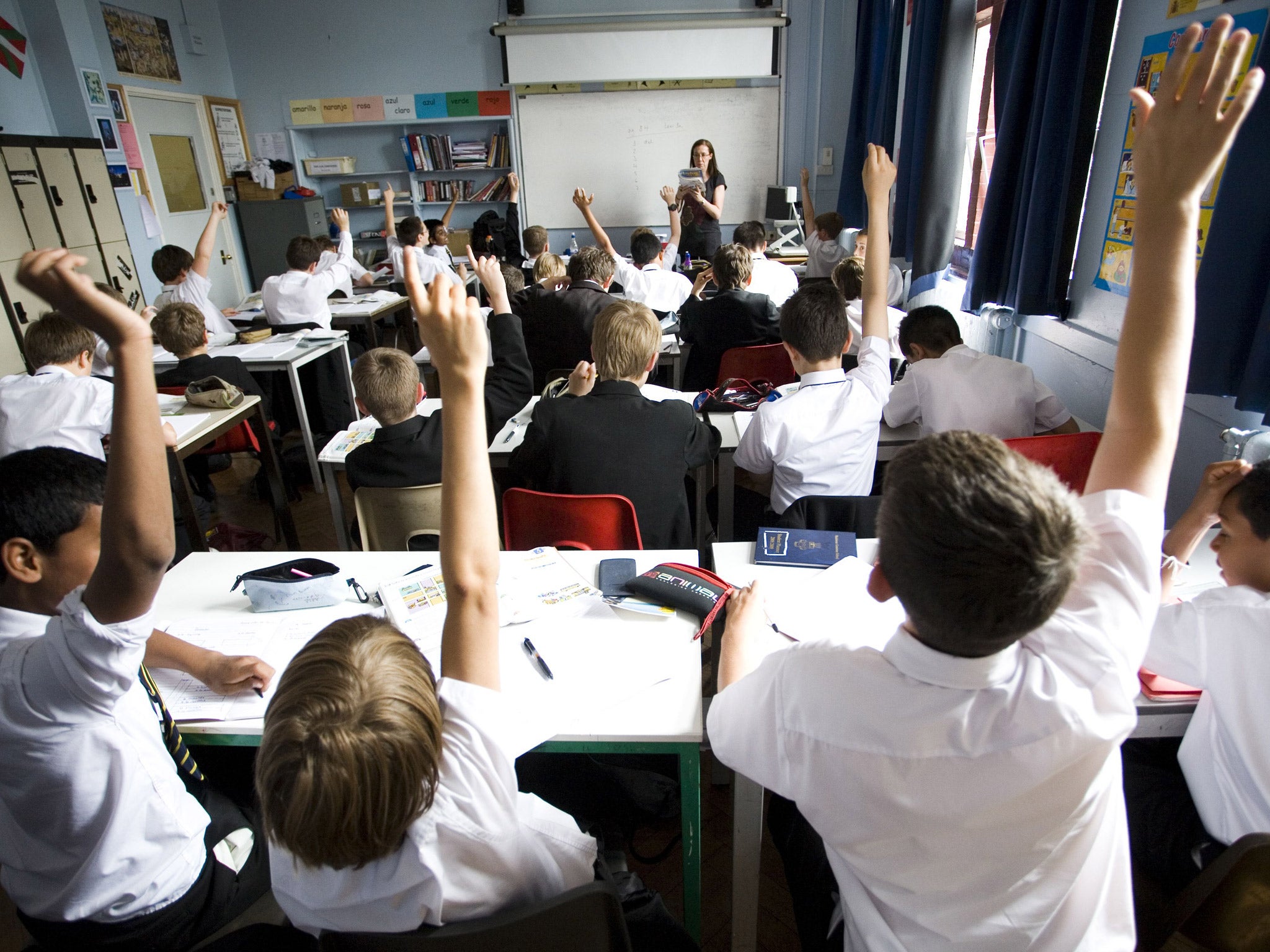Should all grammar schools be closed?
New research shows that grammar schools 'increase inequality', and widen the income gap. If this is the case, then are they doing more harm than good?

There are 164 grammar schools in the UK. Depending on your point of view, identifying the brightest 11-year-olds and sending them to a separate school is either a wonderful class-blind engine of social mobility, or a hideous form of division which favours the rich.
Now, new research from social scientists at the Institute of Education shows that splitting up 11 year-olds based on academic performance is contributing to social inequality, and is widening the income gap between rich and poor.
So should all grammar schools be closed? Have your say in the poll below:
YES - they unfairly favour the wealthy
• The entry system is patently unfair, and the schools do nothing to help social mobility. Figures from the Department for Education show that the proportion of children in grammar schools eligible for free school meals is extremely low - 2.4 per cent - compared with a national average of about 16 per cent. Wealthy parents ‘cheat’ by paying for expensive private tuition designed to coach their children through the exams.
• The effects of failing to excel in a single exam at such a young age have far too drastic effects, and put children at an immediate disadvantage. Pupils at grammar schools are taught in high-ability peer groups, and the schools tend to attract and retain the best teaching staff, meaning they improve, while comprehensive schools suffer.
• In areas with a grammar school system, top earners are likely to earn £16.41 an hour more than those on the lowest incomes. In those areas where the education system was fully comprehensive, the salary gap was just £12.33 – a quarter less.
NO - they do more good than harm
• There is clear demand. In 1983, 3.1 per cent of the total secondary-age population were at grammar schools, by 2009, this had risen to five per cent. A recent Freedom of Information request showed that leading grammar schools receive 14 applications for each place.
• At grammar schools, bright children are able to access levels of teaching normally reserved for those who can afford to attend elite, fee-paying schools. This can only be a good thing. Scrapping them would just be throwing the baby out with the bathwater.
• Grammar school pupils are likely to perform better in later life not because of an unfair social advantage, but because of the traditional academic subjects they study, according to a report from the University of Edinburgh. Comprehensive schools should become more like grammar schools, not the other way round.
Join our commenting forum
Join thought-provoking conversations, follow other Independent readers and see their replies
Comments
Bookmark popover
Removed from bookmarks